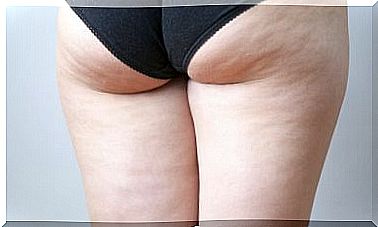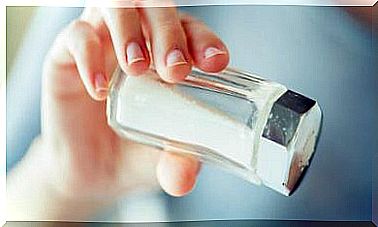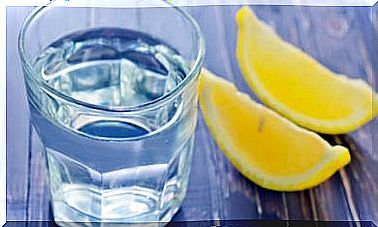Herbs With Diuretic Properties
Only the maintenance of a healthy lifestyle and regular medical control can guarantee well-being and health. The use of herbs and medicinal plants should never replace a consultation or treatment prescribed by the doctor.
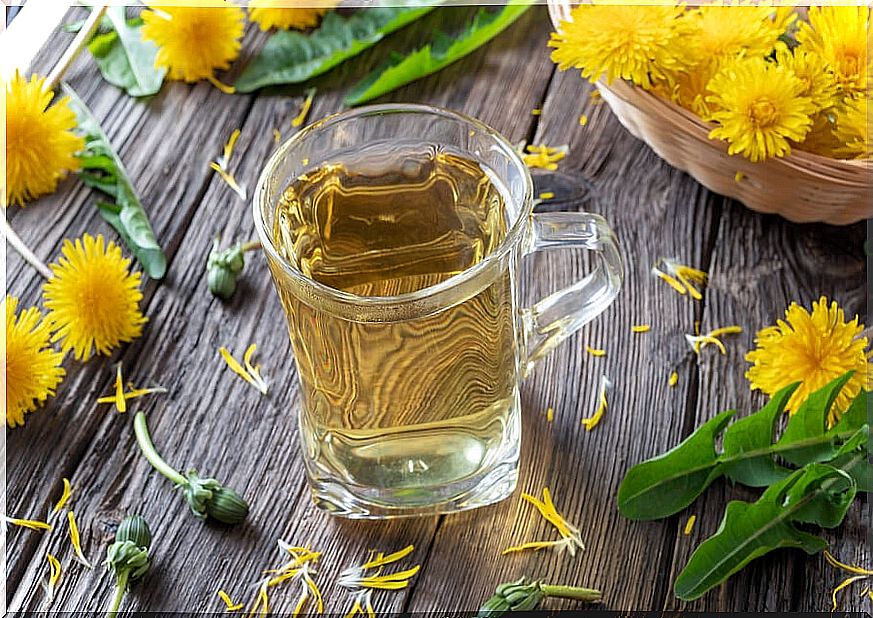
Many people who suffer from fluid retention on a regular basis are not only trying to improve their lifestyle, but are looking for supplements that allow them to get relief, such as herbs with diuretic properties.
If you are one of those people, don’t worry. Next we will share a list with you with some of the best herbs with diuretic properties that you can consume in home infusions. Take note!
What are the herbs with diuretic properties?
According to María T. López Luengo, pharmacist, ” there is a large number of plant species with diuretic action, as well as responsible active principles.” Additionally, it clarifies:
- The diuretic action can be caused by active principles of a very varied chemical nature.
- The main active principles can be: flavonoids, saponosides, potassium salts and essential oils.
Some of the most popular herbs with diuretic properties are sarsaparilla, burdock, elderberry, horsetail, nettle, and dandelion. And most of these have been used for hundreds of years in home settings.
Although each of them has been used in different ways, one of the most common ways to take advantage of them has been as a drink. Either hot infusion or soft drink.
The 4 most popular herbs with diuretic properties
Here we will tell you a little more about the most popular herbs with diuretic properties even today.
1. Burdock (Arctium lappa)
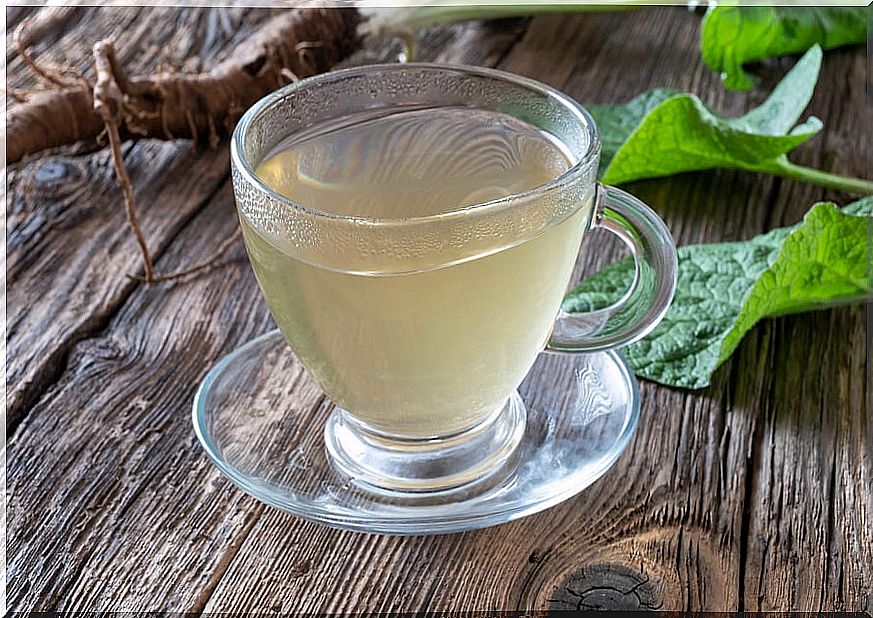
Burdock acts as a mild diuretic, therefore, there are those who have taken advantage of it to mitigate specific discomforts, such as fluid retention that can occur after a long trip, for example.
Burdock is a plant that has even been used topically in the past to treat skin conditions, such as acne. However, there is no evidence that its intake contributes as such to the improvement of the condition of the skin.
2. Elderberry (Sambucus nigra)
Elderberry is a plant that contains essential oils and other substances in its composition that give it a certain laxative and diuretic effect. Hence, it has been used in earlier times to alleviate problems such as constipation.
On the other hand, its flowers were widely used to treat various respiratory conditions, soothe irritations and even reduce fever.
3. Horsetail (Equisetum)
According to a study published in 2006, “its diuretic actions are mild and are attributed to the flavonic and saponin components of the plant.”
In fact, the infusion of horsetail is one of the most common in natural stores, herbalists and supermarkets. Its diuretic properties help both prevent fluid retention and alleviate it, as the case may be.
4. Nettle (Urtica dioica L.)
Nettle is also a plant with diuretic properties, making it ideal to promote urination in case of fluid retention. In the past, it was also used to treat kidney or liver problems.
Recently, studies have been done to find out if it might help lower blood sugar.
5. Dandelion (Taraxacum officinale)
Dandelion is a plant that can be found practically anywhere, since it grows easily in many places. It also has diuretic properties that could help stimulate urination and, therefore, prevent fluid retention.
When should these herbs be used?
According to María T. López Luengo, the use of medicinal plants with diuretic activity is indicated in several cases:
- Arterial hypertension .
- In weight loss regimens (with medical supervision).
- Bacterial and inflammatory infections of the renal pelvis and lower urinary tract
- Prevention and treatment of grit and urinary stones .
- Urinary tract infections with fever, in treatment with cytostatics.
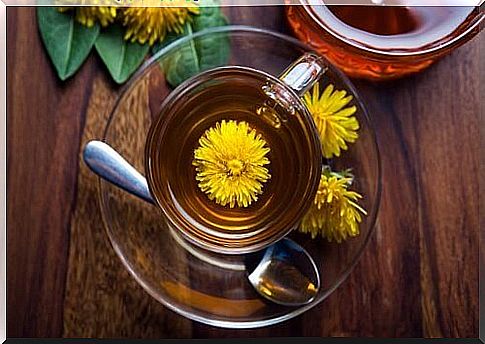
Do they serve to replace medical treatment?
Natural remedies prepared with these herbs are not capable of guaranteeing, by themselves, the cure of any condition, nor can they provide an optimal state of health.
Therefore, they should never replace the treatment prescribed by the doctor or the practice of good lifestyle habits. In any case, they can be considered as a complement.
It is advisable to always consult with the doctor before starting to consume herbal teas regularly, especially if we are taking some type of pharmacological treatment continuously. This is because, in several cases, herbs can cause interactions, which in turn produce unfavorable reactions.


